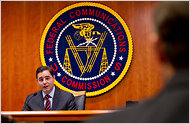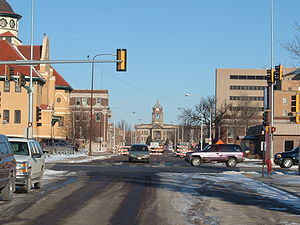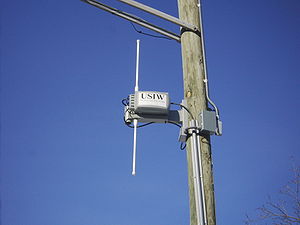By EDWARD WYATT

WASHINGTON — The Federal Communications Commission on Tuesday will propose the first steps toward converting the $8 billion fund that subsidizes rural telephone service into one for helping pay to provide broadband Internet service to underserved areas, according to commission officials.
Julius Genachowski, chairman of the F.C.C., is expected to call for a consolidation of existing methods of supporting rural phone service into a new pool of funds.









